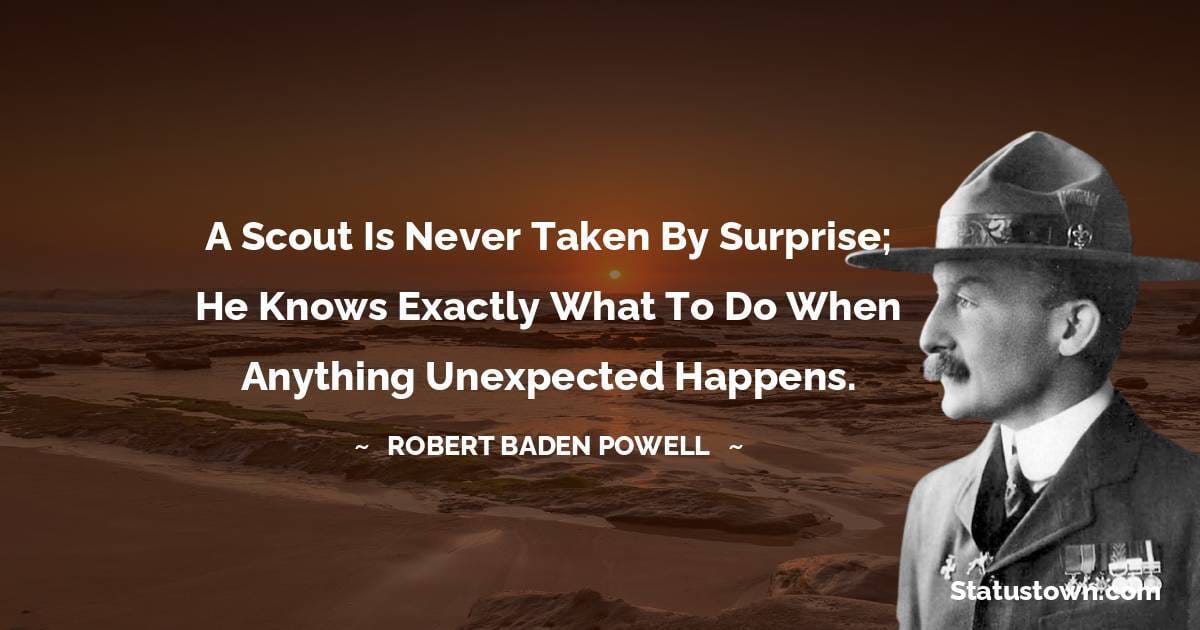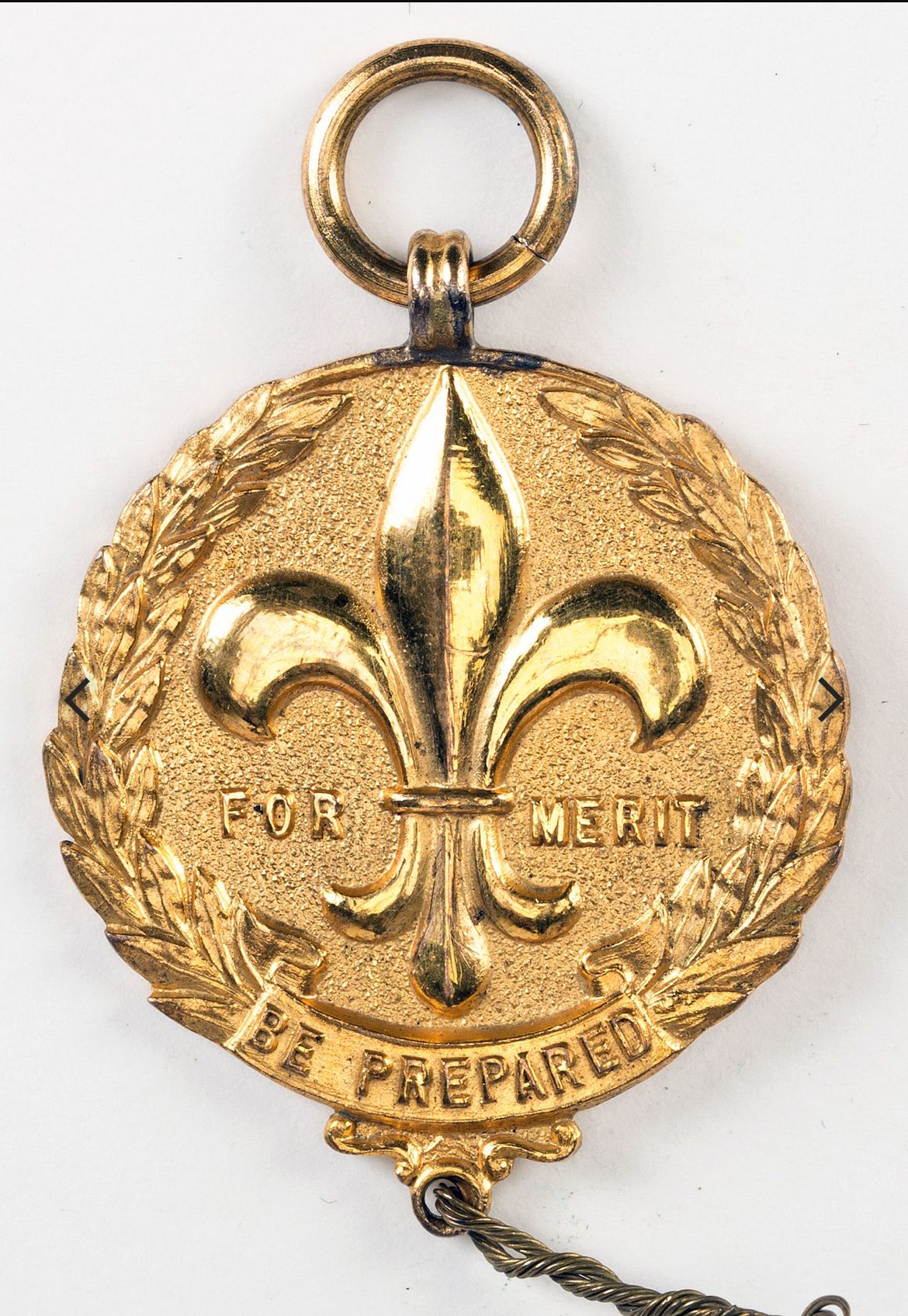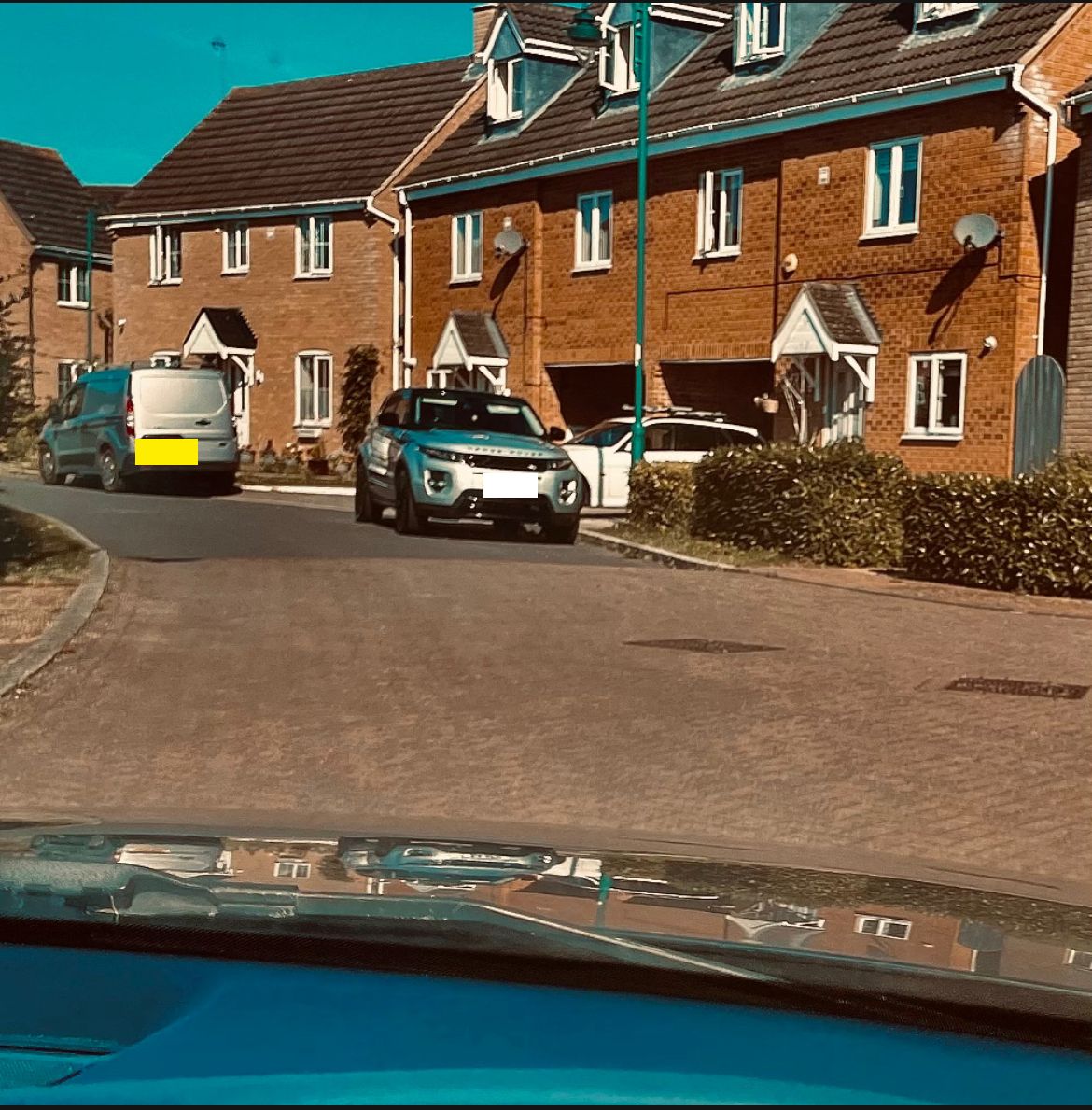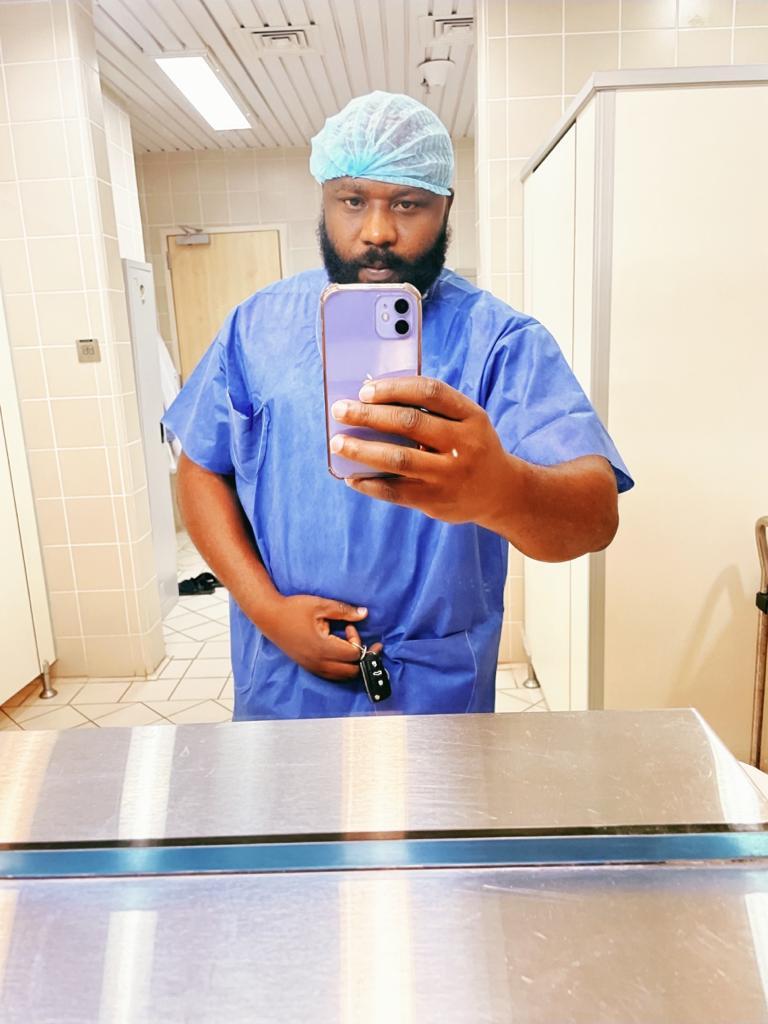- The Leadership Pulse
- Posts
- Be Prepared
Be Prepared
Good morning, my dear friend, and welcome to a new week.
This week's newsletter emphasizes the importance of being prepared, taking care of valuable resources, and clear communication during drills.
It highlights the significance of a proactive mindset, anticipating potential challenges, and forward-thinking strategies in the healthcare industry.
It also parallels taking care of valuable resources and being a good leader.
Additionally, it emphasizes the importance of clear communication and providing context during drills to ensure effective participation.
What is in this Issue
Be Prepared
As a Boy Scout in secondary school, I learned the importance of our motto, "Be Prepared".
It has since become a fundamental part of my approach to life.

Robert Baden Powell- Founder of the Scout Movement.
This principle has significantly influenced my academic and professional pursuits and leadership role in the healthcare industry, especially at Boulevard Group.
In healthcare, being prepared is not just important – it's essential.
It requires a proactive mindset, continuous anticipation of potential challenges, and a focus on forward-thinking strategies.
This means staying updated with the latest developments, building a solid team, and developing innovative solutions beyond traditional boundaries.

Scout badge awarded for “merit”, with the motto “Be prepared”
For healthcare leaders and other professionals in the health industry, preparedness goes beyond expecting the unexpected.
It also involves preparing for it.
In our field, the stakes are high, with lives often hanging in the balance.
So, what steps are you taking today to prepare for the uncertainties ahead?
I'd love to hear your thoughts on this.
Don’t Leave Your New Car on the Street
Every day on my way to work, I see a fancy new car parked at the end of my street.
It's always parked on the street despite an empty garage at the owner's house.

I can't help but wonder why the owner would leave such an expensive car out in the open where it could get damaged or stolen.
But then I realized there are some important lessons about being a good leader from this:
Take care of what's essential.
Like a car owner should keep the car safe in the garage, good leaders must take care of their most valuable resources, like their team, time, and knowledge.
Not looking after these things correctly can lead to problems and setbacks.
Use your resources well.
An empty garage is a waste of space, just like having a team or something else not appropriately used.
Good leaders make sure that everything they have is being used in the best way to help their team succeed.
Plan for the future
Leaving the car on the street might be more accessible now but could cause problems later.
Good leaders must consider what will be best for their team in the future, not just what is easiest right now.
Lead by example
If you value something, you need to show it through your actions.
By parking the car safely, the owner would be showing that they care about it.
Good leaders must also show that they care about their team and resources.
Be ready to change and adapt
Maybe the garage needs some changes to fit the car.
Good leaders must be willing to change things to help them look after their team and resources better.
In healthcare, we often have many important things to look after, like equipment and people.
Making sure these things are well taken care of and used in the right way is essential.
What other important lessons do you think we can learn from this?
Let's talk about it in the comments.
What do you think?
The Importance of Clear Communication During Drills
Having clear explanations for drills is essential.
Just take fire drills as an example - the alarm goes off, and we all react, but if we don't know why we're doing it, it just feels like going through the motions.

Drills are also super important in the healthcare industry.
They help us prepare for emergencies, improve our skills, and ensure we are ready for anything.
But to make them effective, it's vital to explain things clearly.
Let me tell you about a drill at work the other day.
As part of a casualty preparedness drill, we simulated a mass casualty.
Before we started, we had an explanation of
Why it was necessary (getting ready for real emergencies),
What we wanted to achieve (a quick, coordinated response) and
How it would help us improve (finding any weaknesses in our system).
The result was incredible.
Everyone knew what was going on, was motivated, and got involved.
The drill went well, and we learned a lot.
When you explain the 'why' to your team, it gives them context.
This helps them better understand, stay committed, and perform.
Before your next drill, please take a moment to explain why it's essential.
It can make a difference.
How do you make sure your team understands the importance of drills?
Let us know in the comments.
Thank you, my 12,000 Friends
I just wanted to thank all 12,000 of you in our LinkedIn community again.
Your support means the world to me!

Whenever you like, comment or share my posts, it motivates me and sparks some fantastic conversations.
Here, we discuss leadership, business strategy, and public health.
Your involvement shows the true power of working together and learning from each other.
Let's keep this journey going with the same energy and excitement.
Here's to many more excellent moments together!
Best regards,
Ikechukwu
Reply